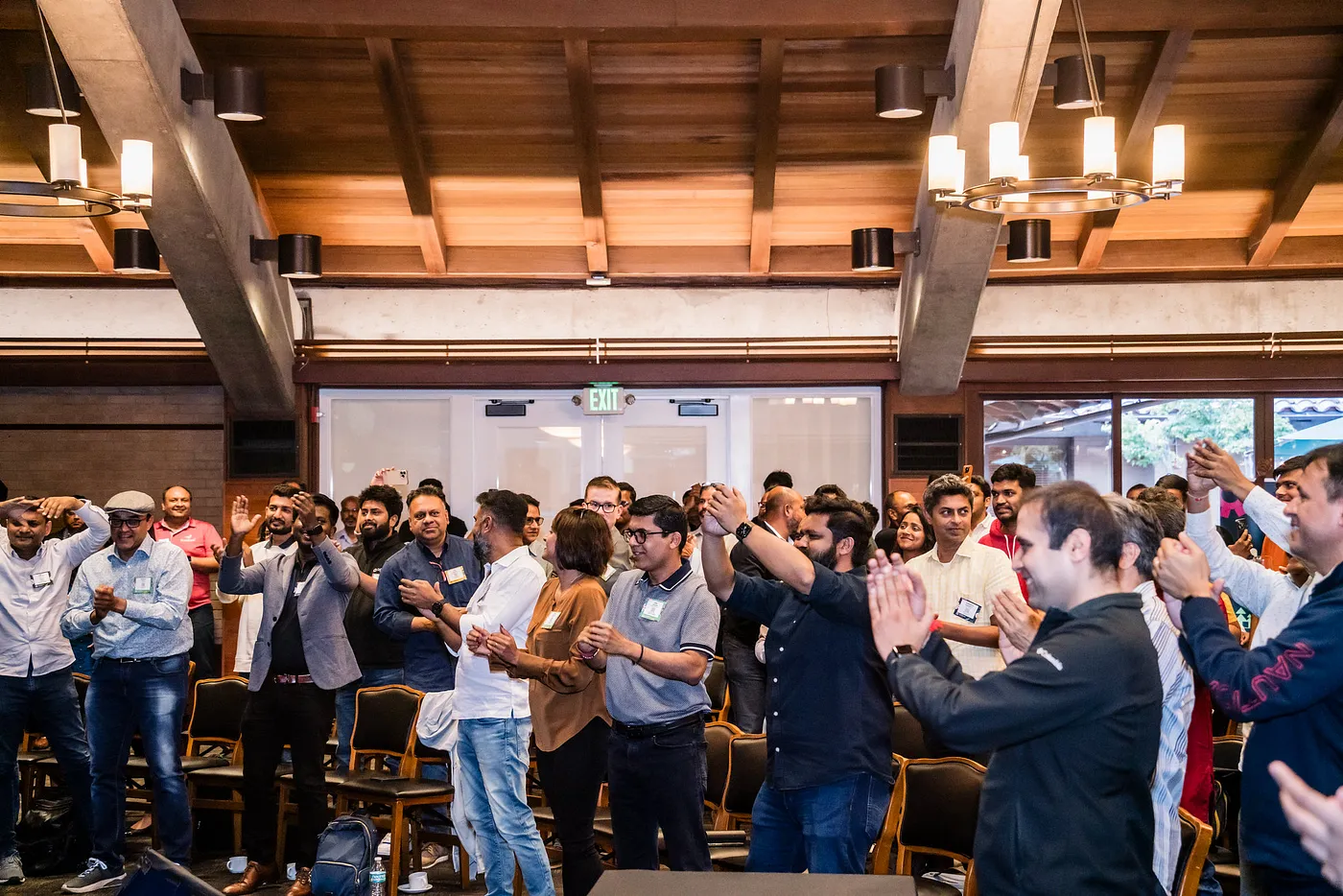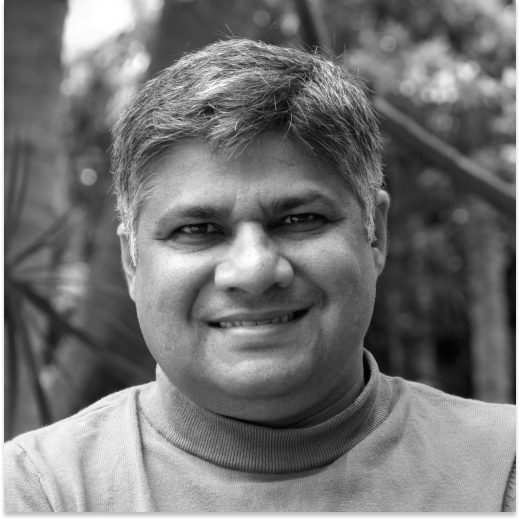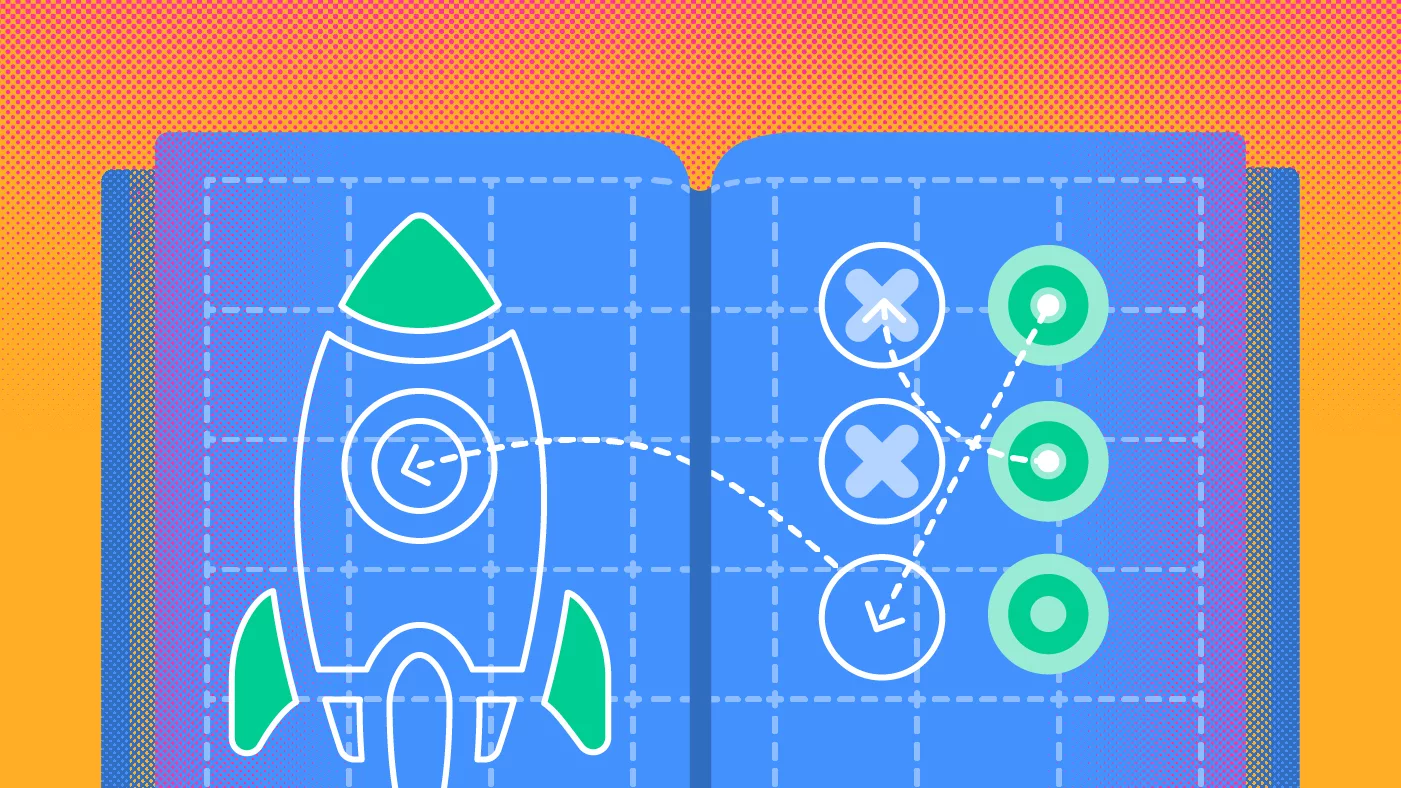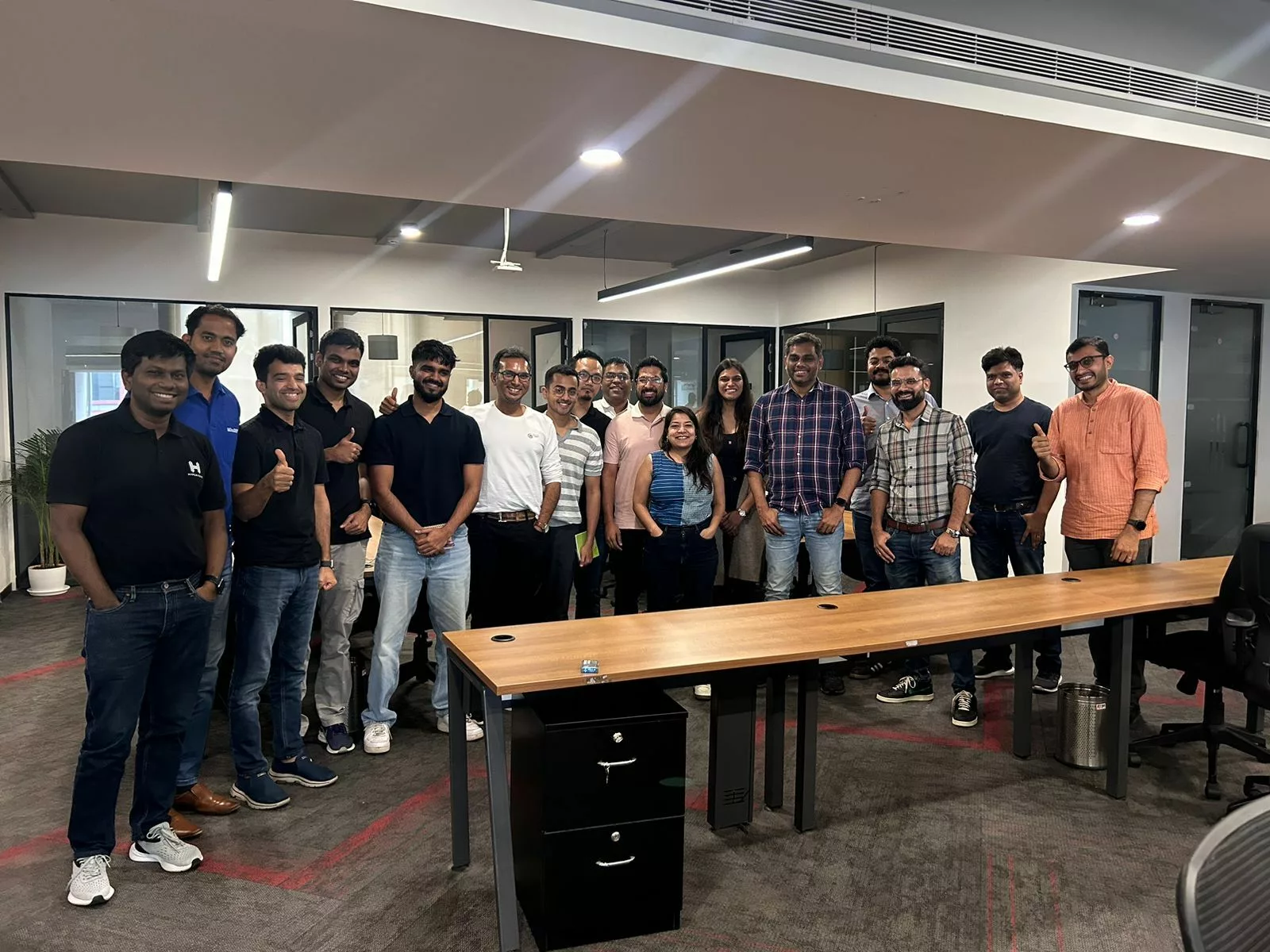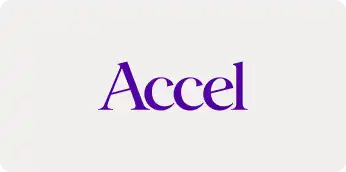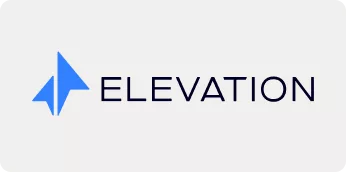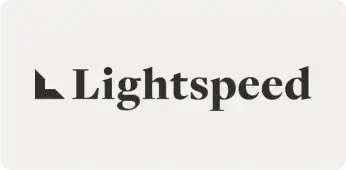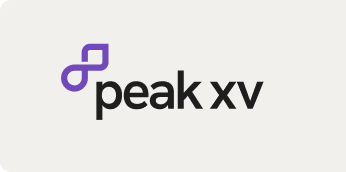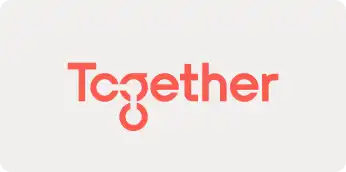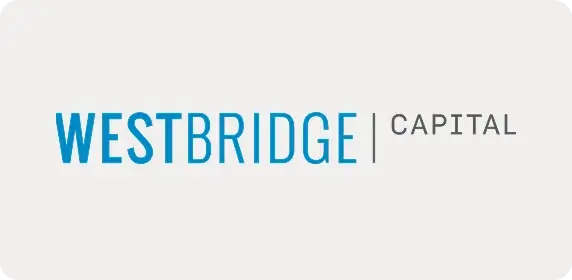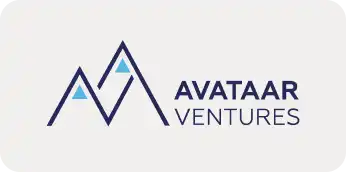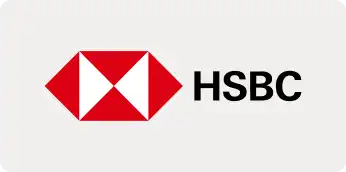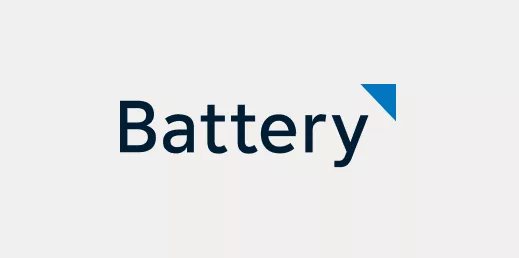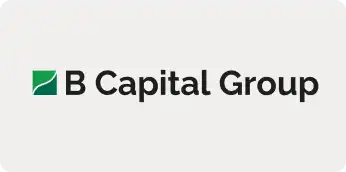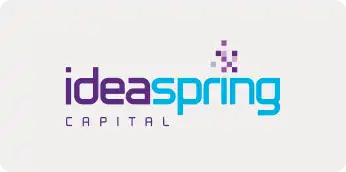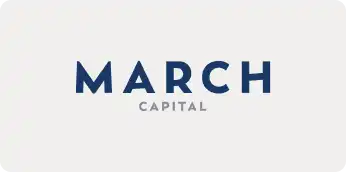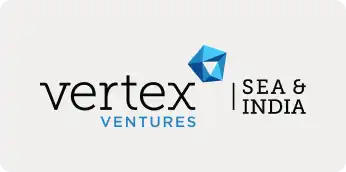As I sat down to write this piece, Chandrayaan-3 successfully made a soft landing close to the south pole of the Moon. It is a first for India, a first for the world. Like all impressive undertakings, it did not happen in a single day, or some months. It took 1,000 engineers and scientists. They came from a variety of space institutions, pooled their knowledge, and shared new findings to launch this phenomenal dream, which the country had started dreaming of only 20 years ago, at the turn of the 21st century.
That moment hit close to home for me. At SaaSBoomi, since the summer of 2015, we have been shaping a community around an astronomical opportunity ourselves — the promise contained in the growing SaaS ecosystem. As India began working towards its aspiration of transforming from a services nation into a product nation, we knew that as a part of the SaaS industry, we would need to play a very important role in that transformation. That was our Moon.
One thing was clear to us, just like landing on the Moon, unlocking the SaaS promise was going to take a village. To scale well and to do it fast, people in the industry would need to build on each other’s knowledge. Any founder whose business had benefited from the knowledge someone shared with them, would have to pass on the kindness to others instead of the original benefactor. They would need to pay it forward.
How it started
I have always loved going to restaurants with open kitchens. They have an air of transparency and inclusivity — when we can watch the food being prepped and cooked, we feel eager to try more, and when chefs can watch diners react, they perform better themselves.
The ‘pay it forward’ culture at SaaSBoomi is a bit like that too. It is about energizing the ecosystem with transparency and inclusiveness.
Two decades ago, back when I first began organizing events at NASSCOM, people in business were still keeping their cards close to the chest. For instance, we held several two-day product conferences in which top executives agreed to participate but rarely revealed much. While having a tight-lipped focus on business helped that particular company grow, it could not help a whole industry grow. A few years down the road, fortunately, more people realized that. The industry needed a collective boost, rather than an isolated boost.
By 2013–14, we started iSPIRT and the software ecosystem was shifting too. A stronger sense of community had started to develop. People who had gained from the ecosystem were eager to give back. We saw that they were more open with their insights at the roundtable workshops we were hosting at the time. But magic — open kitchen-style magic — truly began happening at the first PNGrowth Conference we held at Mysore.
It was a three-day boot camp, with 186 founders attending, 8–10 of them were volunteering, 6–8 were holding sessions. Pallav Nadhani took to the stage, breaking down all the lessons he had learnt for a keen audience, and became a mentor rather than just a speaker. That set off ripples.
At the very first SaaS-focused event at SaaSBoomi, Sridhar Vembu delivered gems straight from his Zoho playbook. Girish Mathrubootham followed, stunning everyone by pulling up an old Freshworks spreadsheet on the screen to show the kind of metrics they measured. They were serving up wisdom, and they were not afraid to share their recipes for success, their kitchen fails, their secret ingredients, everything. I think that says a lot about both the ethos of the SaaS industry and the personal mindset of these founders.
They knew they had knowledge and there was no point in keeping that knowledge dormant. When they spread it, it multiplied. It sparked serendipitous connections and collaborations. It sparked a chain reaction of kindness.
How it is going
How does the pay-it-forward philosophy work? Many still wonder how it is possible for founders to share so much, they ask what is in it for the founders. One of the first rules of SaaSBoomi is that while wisdom is shared openly in the community, it must also stay within the community. Whether it is a session with six people or a conference with 600, it is a safe space where members encourage and maintain a sense of confidentiality.
As cutthroat as competition in the industry can seem, members of the community have experienced the value in sharing time, resources, and knowledge. It helps founders gain the kind of expertise and goodwill that stays for the long haul. It lets them validate their ideas. Everyone is invited to connect, learn, and grow.
When I see the knowledge-sharing ecosystem SaaSBoomi has created in SGx, I feel like we have touched the Moon. Six startups and 12 mentors get together for 16 weeks. The mentors act as an extended team of co-founders for the companies they are paired with — using their know-how to help startups build the capacities they don’t have yet. It could be design, content, sales, etc.
Founders are putting aside as many as 4–6 hours a week on average for community work, which is a lot for any entrepreneur who is also running their own company. They perform this nourishing exercise without taking a single rupee or a slice of equity. They are committed simply because they care. As we wrap up our fourth edition of SGx, the ecosystem is gaining ground exponentially. More than 20 founders have benefited from it so far, and are already preparing to give back.
Every few days, I hop on calls with other industries that, inspired by the SaaS ecosystem, also want to tap into the power of community-building — agritech wants to learn about growing together, and so does the D2C space. When the going is this good, one question inevitably comes up: What is next?
For SaaSBoomi, I want this to one day be driven by the community. One day, SaaSBoomi won’t need an Avinash or a Vinod, the wheel will drive itself. The willingness to help will create an ecosystem of giving.
Personally, I will feel SaaSBoomi has left its mark if 10% of the next 500 companies manage to achieve the scale Freshworks has and credit the ecosystem for helping them get there. That is our Mars. And I know we can pay it forward towards that mission.

